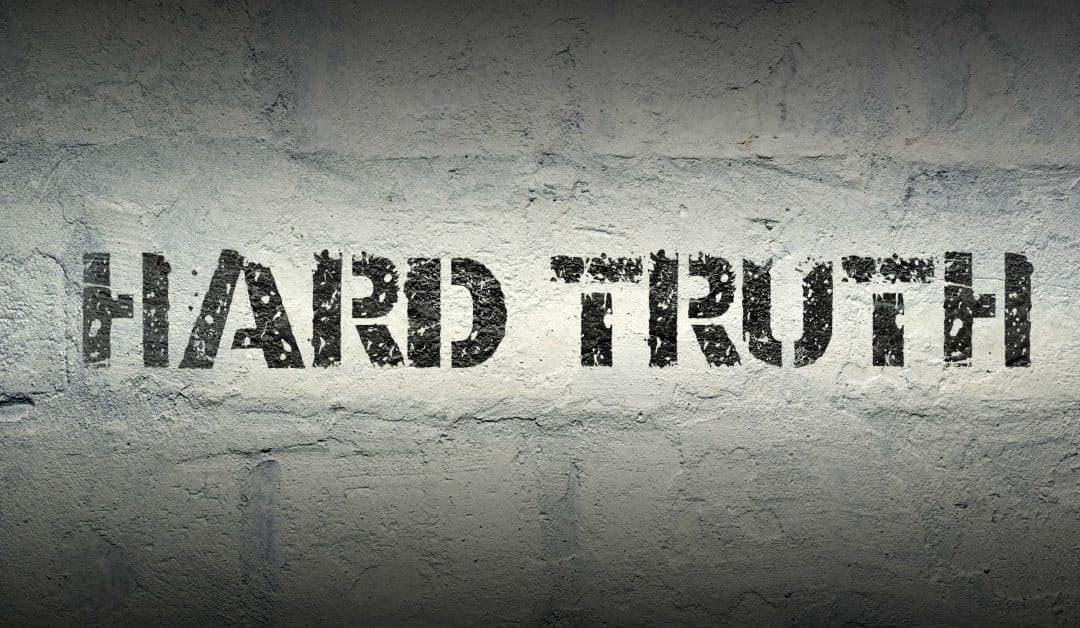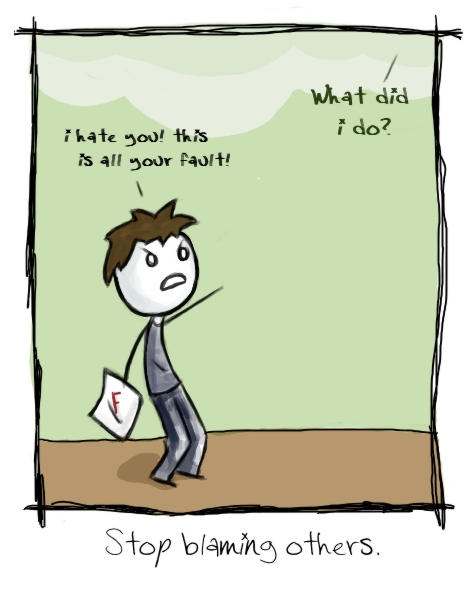This was my answer to a question from Quora that I felt was worth reprinting here.
What are some hard truths teachers never tell students about after school life?
You cannot have it all. You cannot simultaneously be a full-time, stay-at-home Mom, a CEO of a multi-national company, and the President of the PTA. There will be choices that you will have to make that will impact your quality of life, and there will be trade-offs.
 Most of the time you don’t get do-overs. You cannot go to your boss and ask for your lowest quality project to be dropped from your annual review. Those moments when you are afforded “do-overs” come at the cost of your reputation, your personal time, and/or your interpersonal relationships. There are consequences for your actions, and most of the time those consequences are permanent.
Most of the time you don’t get do-overs. You cannot go to your boss and ask for your lowest quality project to be dropped from your annual review. Those moments when you are afforded “do-overs” come at the cost of your reputation, your personal time, and/or your interpersonal relationships. There are consequences for your actions, and most of the time those consequences are permanent.
Everything is related to everything else. In school, your math course is separate from your foreign language course, which is separate from your music class, etc. Your grade in one almost never impacts your grade in others. In life, though, nothing is compartmentalized. Your performance in one area will always impact your performance everywhere else. Which leads us to…
Things that you don’t like are often your own fault. This one will catch out a lot of people. In school students are taught a very simple equation. It’s sad, but true, and it stays with them for far too long:
Your performance + good enough excuse = perfection
Whatever grade you get on your paper is separated from a perfect score only by some mitigating factor. You had soccer practice and band camp? Well, we’ll give you a little leeway, then. You were sick? We’ll give you some extra time. If only your computer had worked properly, you’d be able to get better sources.
If.. if.. if…
In school, there often is no need to take responsibility for your actions because 1) you can almost always “drop” the lowest score (see above), 2) you can create some sort of sob story, or 3) there is always someone else to blame for your own inadequacy. Lately the trend has been that people can’t do something because they are an “oppressed” person.
You do not understand finances well enough. “I don’t know why I’m taking algebra; I’ll never use it!” “I have a bank account; as long as it’s positive I’ll be okay.” You do not understand how taxes will impact your own behavior because you don’t pay taxes… yet. You don’t understand how the markets work, but you will need to save for retirement. You don’t understand what cash flow is and how you can have a lot of money and yet still be bankrupt. You will wake up at 30 years old and realize that you should have opened a Roth IRA the minute you got a job out of college, because you just gave away half a million dollars that you could have in your account.

And finally..
Life is hard. Anyone who tells you any different is selling you something. This is true for every single person on the planet. It doesn’t matter if you’re white, black, yellow, green, or purple with pink polkadots. It doesn’t matter if you’re male, female, or something else you “identify” with. You cannot and will not gain from others’ demise, nor will demonizing someone else based upon the group they’re in actually improve your lot in life.
If you feel like you aren’t where you should be in life, go back and re-read the bolded sentences above. For convenience, here they are again.
- You cannot have it all
- Most of the time you don’t get do-overs
- Everything is related to everything else
- Things that you don’t like are often your own fault
- You do not understand finances well enough
- Life is hard. Anyone who tells you any different is selling you something
Chances are that one or more of these truisms is the cause of your grief. It’s almost a guarantee that if you go through each of these, in turn, you will find a source of your misery.
None of these are “taught” in schools or, if they are spoken about at all, it comes as a side conversation from a teacher who is trying to help you. Most of the people I know who try to give this advice, though, are often summarily dismissed by students; “What does he know? If he knew anything he wouldn’t be a teacher.”
And yet, from people I have met as I’ve grown older, and the mistakes that I have made and keeping tabs on the things that “I wish I learned when I was younger,” each and every one of these points is incredibly important.



Comments
Pingback: Review: Millennials in the Workforce – A Generation of Weakness – J Metz's Blog